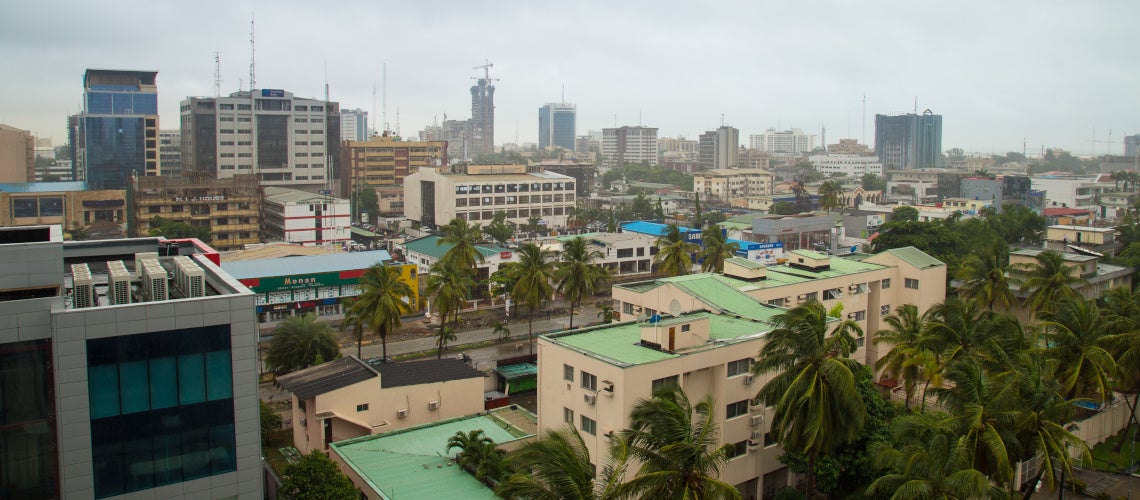 Governance during COVID-19
Governance during COVID-19
Nigeria is currently focused on ways to mitigate the health and economic costs of the COVID-19 pandemic and the simultaneous collapse of international oil prices. These two disruptions threaten to deprive the public sector of the resources necessary to sustain its most crucial social and economic activities.
A sudden increase in spending coupled with a steep decline in fiscal revenue have caused economic downturn and financing imbalances. The World Bank Group and other development partners are assisting Nigeria with significant fiscal and technical support as part of the COVID-19 pandemic response.
In its commitment to enhance transparency and accountability and to ensure that core procurement principles are not traded for expediency in COVID-19 pandemic disbursements, the government of Nigeria is placing all contract information in the public domain. Procurement plans, procurement tender opportunities, and contract awards related to the COVID-19 pandemic response is being published on the Bureau of Public Procurement (BPP) website within two weeks of their finalization.
COVID-19 response expenditures fall under emergency procurement procedures, which seek to balance expediency with appropriate oversight. Considering the inherent risk of misuse of funds in an emergency situation, procurement processes will be closely monitored by BPP and stakeholders from the private sector and civil society.
All this demonstrates political will to further enhance platforms and resources that help to ensure transparency and accountability in public expenditure. The timely and comprehensive publication of COVID-19 procurement activities has started to generate informed dialogue among a wide range of stakeholders, including citizens and civil society. Open access to information on expenditure and procurement empowers stakeholders to hold the government accountable and reinforces public accountability and trust in public institutions.
The International Center for Investigative Reporting recently published detailed analysis of contracts awarded by the Nigeria Center for Disease Control using data sourced from the published information. Local newspapers have also urged transparency and accountability in the use of COVID-19 related funds. The reporting has raised awareness and deepened commitment to proper spending among government agencies and anti-graft institutions, such as the Independent Corrupt Practices Commission (ICPC).
The concerns of civil society are being addressed under two World Bank financed projects: The Fiscal Governance and Institutions Project (FGIP) at the federal level and the States, Fiscal Transparency, Accountability and Sustainability (SFTAS) Program for Results, at the state level. They are introducing e-procurement to strengthen government policy on transparency and accountability by making procurement data readily available to stakeholders.
While these projects advance in their implementation, the publication of COVID-19 pandemic contract information on a public domain is an immediate step in the right direction toward transforming Nigeria’s governance landscape. The country’s rating on the global governance index can improve as the practice of publicly disclosing contracting information is expanded and sustained.



Join the Conversation